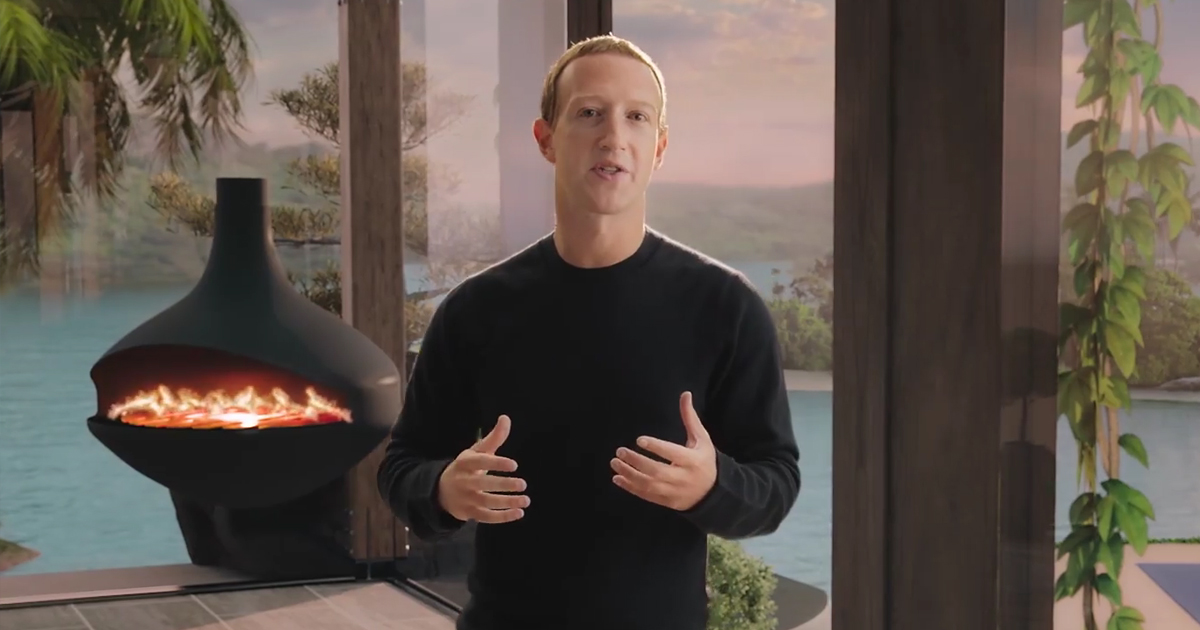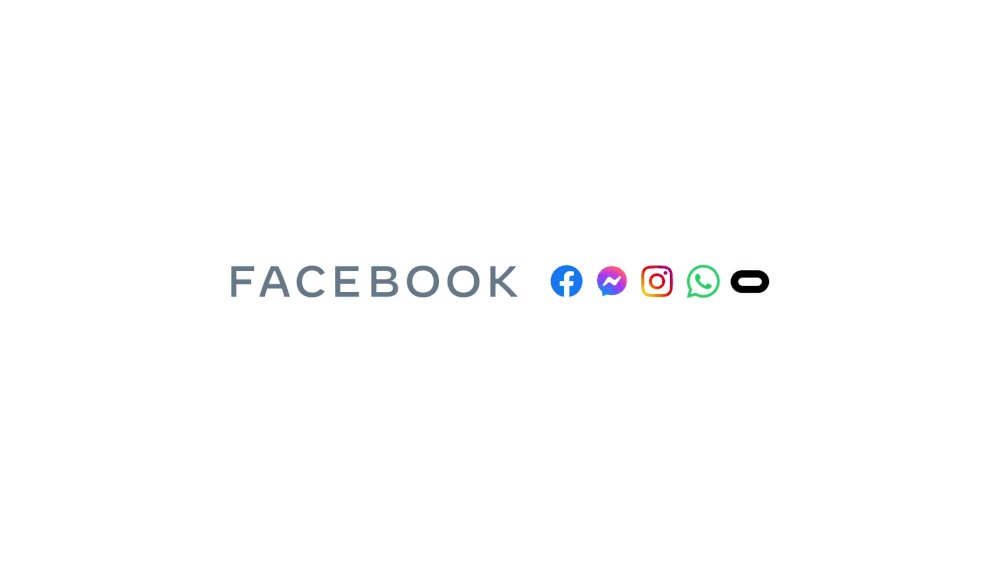Facebook has officially changed the company’s name to Meta. It is another step towards building a metaverse, which will also means creating and developing new products, technologies, and solutions.
Key takeaways
- Mark Zuckerberg announced rebranding during Facebook Connect 2021 on October 28. Meta will bring together Facebook, Instagram, WhatsApp, Oculus, and other services.
- The company will continue to develop its existing products and create new technology, which will become a part of the metaverse.
- As Zuckerberg said, the rebranding will allow Meta to find its new identity, as a lot of people still think about Facebook as a social network rather than a multifunctional tech company.
- The main goal of the metaverse is to connect people across the globe and bring them into one virtual space where they will be able to do things not possible in the real world. It can be used for entertaining purposes, as well as for education, gaming, fitness, and other experiences.
- According to Zuckerberg, the metaverse will be supported by its content creators and developers. Meta will provide them with a platform to help reach their goals and bring their ideas to life.
- The Meta CEO told The Verge that people will be spending time in a fully immersive 3D version of the internet in the next decade. One of the company’s goals is to build technology that would allow users to create their full-bodied avatars or appear as holograms in real-world spaces.
- “One thing that I’ve talked about over the years is building these platforms around people instead of apps,” Zuckerberg said about the metaverse’s concept, adding, “And the different apps aren’t completely different things. They’re just different spaces that you can teleport to.”
- The company’s structure won’t change. As for financial reports, they will now be divided into two segments — Family of Apps (all social apps and services) and Reality Labs (the metaverse and AR/VR sector).
- Meta will invest $10 billion into VR and AR, which will affect the company’s profits. It will also create a $150 million fund to support and create new technology in this area.
- During the presentation, Meta introduced its new logo, which is a blue Möbius strip.
Services, products, and technologies
- Horizon Home, a virtual social space where users will interact with each other using Oculus Quest 2. People will be able to make video calls, gather in virtual rooms, watch videos and play games together. Meta will also add over 20 apps like Slack and Dropbox to Horizon Home.
- Horizon Marketplace will allow users to trade virtual goods, including the ones they created themselves.
- Project Cambria, a new high-end VR headset with more compact lenses, face tracking technology, and advanced AR functions. It won’t replace Quest, as it will be a more pricey and advanced solution.
- Project Azeray, new AR glasses. They will expand the capabilities of the metaverse, allowing people to communicate with each other and interact with virtual space using different AR elements.
- Meta will implement new features to its Spark AR tool, including head and body tracking. People will be able to create AR elements and effects using new app Polar.
- The company will abandon the Oculus brand, changing its name to Meta Quest. Oculus App will also be renamed to Meta Quest App.
Experts’ opinions
- Although Zuckerberg himself says that the rebranding has nothing to do with the latest controversy surrounding Facebook, some analysts see this move as a response to the negative news.
- MBLM managing partner Mario Natarelli told Wired that Facebook should have shelved the rebranding for 12 months. He added that it most likely won’t earn the company more trust, leading to more backlash instead.
- Lindsay Broadhead from the Toronto Regional Board of Trade expressed the same concerns: “I don’t think the shadow that Facebook currently casts will ever be diminished until they actually deal with the challenges that they’re facing.”
- According to professor Justin Angle, Facebook’s market power is its monopoly rather than its brands. By investing in VR and AR tools on the way to creating the metaverse the company might lose that advantage.
- The branding might also create confusion. A few experts cited Philip Morris as an example, saying that the company has lost its identity since changing its name to Altria.
- Speaking of confusion, shares of Canadian company Meta Materials soared 26% following the news about Facebook’s rebranding (via Bloomberg).
“Simply unveiling a new brand will only serve to reinforce consumers’ fears that Facebook is only concerned about itself,” Huma co-founder John Weiss told Business Insider.



